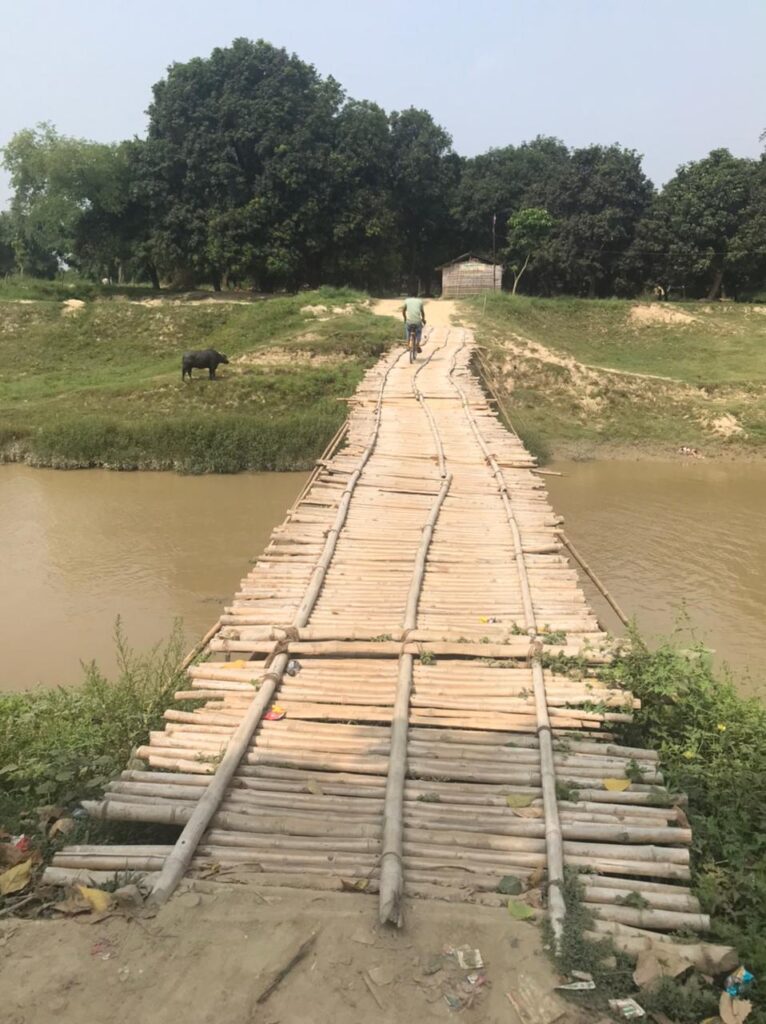Access to micro-loans can be vital for people to achieve improved sanitation in Kenya. This blog looks at FINISH INK’s recent work in Kenya engaging with financial institutions to provide access to micro-loans for improved sanitation for people with low-income or who are marginalized. It also highlights the challenges faced with loan issuance and the impact of financial inclusion on the programme.
What does FINISH INK offer in Kenya?
The FINISH (Financial Inclusion Improves Sanitation & Health) Mondial programme is a public-private partnership between WASTE and Amref Flying Doctors Netherlands. FINISH INK is one of the implementing partners of the programme in Kenya. Their approach is to prioritise financial inclusion for improved sanitation and health by generating client centered demand for improved and safe sanitation. The main goal is to contribute to healthier and economically empowered communities by 2030.
FINISH INK creates access to financial services (financial literacy, micro-savings, micro-credit) for the purchase and installment of water, sanitation and hygiene (WASH) facilities for households and communities. They also help sanitation entrepreneurs access credit to start and expand their WASH businesses. WASH micro-loans are a product that many Micro-Finance Institutions (MFIs) in Kenya shy away from as they are often perceived as too risky, or MFIs are unfamiliar with them. Micro-loans are, however, central to FINISH INK’s approach: they work with both Savings and Credit Co-operatives (SACCOs) and MFIs to provide access to financial services to low-income and marginalized people.
(In Kenya SACCOS are private or cooperative financial intermediaries where membership is open and voluntary. MFIs are also designed to provide financial services to low-income people but are entities funded by external loans, grants, or investors. Learn more about the difference between SACCOs and MFIs here)
Empowering self-help groups (chamas) to grow their sanitation businesses.
As part of their efforts to foster financial inclusion, FINISH INK approaches community self-help groups (known as chamas in Kenya) that are already engaged in providing sanitation services and empowers them to create sustainable social sanitation businesses through:
- Financial literacy training,
- Business training,
- Acquisition of sanitation loans.
The chamas (or individuals within them) are encouraged to register and save with specific financial institutions within their reach. SACCOs are one of the common financial institutions engaged. By saving with a specific SACCO, chamas (or individuals) can then qualify for loans up to 3 times their savings within a certain period as per the SACCOs terms and conditions. A client assessment is done, and the loan is only issued when the following is ascertained:
- Character of the client (e.g., willingness and commitment to pay),
- Capacity to pay back the loan(capability),
- Capital (client’s investment and potential loss),
- Conditions (factors likely to affect client’s business or their sources of income) and
- Collateral (security).
Reflecting on ten years of progress
At inception, the project had two financial partners: Sidian Bank (formerly K-Rep bank) and Family Bank which aimed to serve the implementing counties which were Kilifi and Busia. In 2016, the project partners incorporated an additional financial partner Imarika SACCO which largely served Kilifi County.
Over the past seven years, FINISH INK has expanded to 9 counties: Meru, Tharaka Nithi, Embu, Kitui, Nakuru, Homabay, Siaya, Kisumu and Migori. Additional financial institutions have also been onboarded to serve these counties including: Faulu Microfinance Bank, BIMAS Microfinance Ltd, Centenary SACCO and Meru County Microfinance. MFIs and SACCOs have proven efficient as they are more localized and serve both the rural and urban population. Additionally, they can customize their products based on the local needs thus serving the financial inclusion need.
Sanitation trainings for SACCOS and MFIs
Initially, financial institutions focused mainly on providing services based on savings and loans to their clients. Currently, the FINISH INK prioritizes providing financial partners with training on WASH for them to better understand the sector as they move into providing sanitation finance. The training is done in 2 categories: top management and operational level.
As an ongoing activity, for sustainability purposes, high-level management trainings are conducted twice a year. The aim of these trainings is for financial partners to take ownership of the sanitation loan product and conduct trainings internally, with the support of the project local team.
The operational-level trainings focus on two levels, the first being new staff who are trained on sanitation loan products as part of their induction training and the second level being continuous refresher training to ensure that staff are kept abreast of ongoing developments in the partnership and of newly available market opportunities.
Refresher trainings are also used to review and evaluate the progress of the sanitation loan products and brainstorm on strategies to improve the uptake of these products over the next period. The project team emphasizes regular engagements with the financial institutions and challenges are dealt with in good time. Both financial institutions and the FINISH project team benefit greatly from the continuous cross-learning sessions. New innovations, opportunities, challenges, and modifications are discussed as a means of agreeing on a suitable method to scale up WASH loans uptake.
Challenges and mitigations
The project has been negatively impacted by continued changes in interest rates in the Kenyan market. Until 2016, the interest rates kept rising and at some point, were as high as 28% per annum. At this point, the cost of a loan was too high, and it hampered the uptake of loans by the communities.
In September 2016, the Central Bank of Kenya put in place an interest rate capping which again had a negative impact on lending especially for small borrowers. The lending rates of the local financial institutions, including MFIs, was affected. For the banks, it became commercially more interesting to give big loans whose costs of acquisition were low and clients less risky. The banks also opted to invest in other income-generating activities and low-risk assets, such as government bonds whose return almost matched that of the interest income from loans but were more secure.
The COVID-19 pandemic posed a greater challenge for onward lending for toilet construction to households by banks.
In 2023, the political atmosphere approaching general elections posed a lot of uncertainties in businesses that hindered most financial institutions from issuing loans.
Mitigation strategy
However, even with these challenges, the project is exploring mechanisms to mobilize communities to utilize alternative financial instruments.
With the interest rate capping, financial institutions have been able to adjust their lending to best suit their customers’ needs. The interest rate cannot go above the percentage set by the Central Bank of Kenya; therefore, a lot of investment is going into sensitizing the clients on the loan products available and the cost of loan acquisition.
Secondly, SACCOs are not affected by Central Bank regulations and therefore their interest rates are stable i.e. 12% per annum. Inclusions of SACCOs and other MFIs is a sustainable mitigation strategy for both the short-term and long-term as it provides a diversity of financial institution options for communities. This also provided an avenue through which the project was able to reach the poorest and/or most marginalized people due to their vast outreach in the rural areas.
For example, BIMAS the recently onboarded MFI in July 2022 operating in Meru, Tharaka Nithi, Embu, Kitui and Nakuru has had success over the past year. So far, a total of KSHS 1,855,255 worth of sanitation loans were issued by BIMAS to 14 individuals and 102 groups.
Monitoring and Evaluation Data
The project aims to link the WASH loans provided and the interventions happening on the ground. FINISH INK keeps a database where details of the client are input detailing the type of WASH intervention taken, e.g., sanitation facility constructed. The type of financing used is also noted to see how many people are accessing financing to improve their sanitation. The database helps to track progress of repayment by clients. FINISH INK has a digital app now that is being used for saving by the groups and the final linkage is to the financial institutions so that they can offer loans based on the saving history provided.
[Photo caption: Ms. Katherine a beneficiary of a FINISH INK sanitation loan posing with her daughter next to their improved toilet unit (2019). Credit: Rodgers Moraro]






